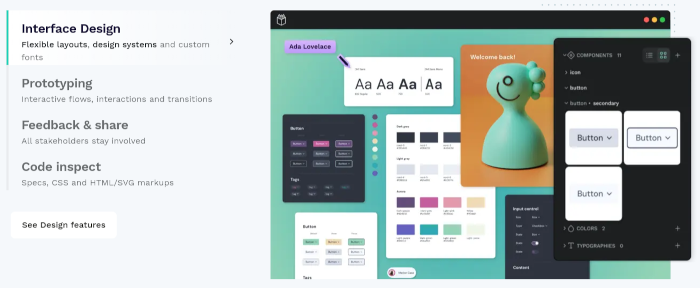Tech Updates - Next.js, Penpot, and Gemma

Next.js 14.2
Next.js 14.2 introduces a slew of updates that promise to turbocharge your development experience and elevate production performance. Turbopack takes center stage in its Release Candidate phase, drastically speeding up local development times by improving server startups and code updates. On the production front, expect significant memory reductions, optimized CSS, and enhanced tree-shaking to slim down JavaScript bundles. The new staleTimes feature also offers granular control over cache invalidation, ensuring content remains fresh yet efficient. For more in-depth details, check out the full post here.
Penpot 2.0
Penpot 2.0 is set to revolutionise the interface between design and development. The new update heralds new features such as enhanced components and a CSS grid layout, aimed at streamlining collaboration across teams. With these tools, both designers and developers can expect an integrated environment that supports a more efficient workflow. For developers, Penpot includes self-hosting options, robust API integrations, and comprehensive technical guides. Check out the full announcement here. Penpot is free and open-source for both designers and developers - try it out here.
Google Introduces CodeGemma and RecurrentGemma
The Gemma family of models is expanding with two additions: CodeGemma and RecurrentGemma, each tailored to enhance different aspects of machine learning and development. CodeGemma focuses on code-related tasks like completion, generation, and instruction-following, available in multiple variants to suit various needs—from a robust 7B model to a lightweight 2B version ideal for local use on low resource systems.
Meanwhile, RecurrentGemma brings efficiency to the forefront, utilising recurrent neural networks for faster inference, even at higher batch sizes, while maintaining competitive performance levels.
Additionally, the release of Gemma 1.1 promises overall performance boosts and enhanced capabilities in instruction-tuned models, promising improvements across quality, factuality, multi-turn dialogue, coding, and reasoning.